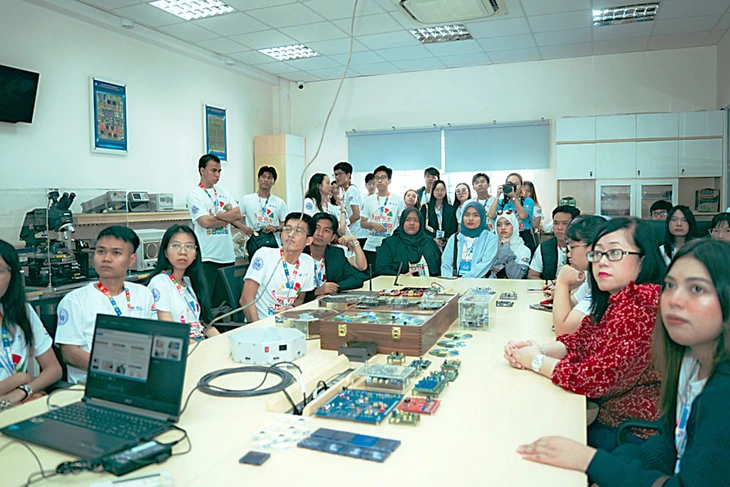
International students visit the Microchip and High Frequency System Laboratory of the University of Technology (Vietnam National University, Ho Chi Minh City) - Photo: NHU QUYNH
However, ranking should not be the final destination, but a stepping stone for Vietnamese universities to affirm their position on the global education map.
Resolution 71-NQ/TW sets the goal that by 2030, Vietnam will have at least one university among the top 100 universities in the world in a number of key fields.
Need a transformation
Professor Mai Thanh Phong, principal of the University of Technology (Ho Chi Minh City National University), said that Resolution 71 of the Politburo poses a great challenge for the entire education system and a great opportunity to reach the world.
With the goal of having at least 3-5 elite universities of international standards by 2030, at least 8 schools in the top 200 universities in Asia and at least 1 school in the top 100 in the world in a number of fields, Vietnamese higher education needs a transformation from focusing on enhancing quality to becoming a leading factor in regional and world education.
Mr. Phong affirmed that Vietnam is fully capable of building a number of universities that reach Asian and world standards in key fields of science and technology.
"To realize this, we need: breakthrough, transparent and flexible policies; sustainable finance, international competitiveness; a dynamic and creative academic ecosystem; and elite human resources with a global vision," Mr. Phong emphasized.
Accordingly, it is necessary to have a policy of prioritizing investment focused on key areas with potential for global breakthroughs. Granting autonomy and specific mechanisms to excellent research centers. Innovating the university ranking and evaluation system according to international standards to promote active competition. Strongly encouraging the three-party linkage model (State - school - enterprise), forming a regional innovation ecosystem.
Associate Professor Dr. Bui Hoai Thang, Head of Training Department of University of Technology (Ho Chi Minh City National University), proposed: "The State needs to have a key program to support 3-5 most potential universities, helping them develop rapidly and improve their international rankings in the coming time. This is considered a strategic step to realize the aspiration of bringing Vietnamese universities to the world level."
The deciding factor
Associate Professor Dr. Tran Thi Hong Lien, Dean of the Faculty of Business Administration, University of Economics and Law (Ho Chi Minh City National University), said that the goals of Resolution 71 are very clear for leading domestic universities to achieve high positions in the region and the world in prestigious rankings. This is a technical task and can be completely done with a professional management method.
However, according to Ms. Lien, rankings should not be the ultimate goal but only a means to bring universities in Vietnam to world-class level. Reality shows that prestigious universities are still top universities whether they participate in rankings or not.
To achieve this goal, higher education development policies need to clearly state that university rankings are only an initial push towards the further goal of truly globally competitive universities.
Potential universities need to quickly build a global vision for their development strategy. The State invests heavily in selected universities for the goal of becoming world-class universities, especially in infrastructure and scientific research through various mechanisms (directly from the budget, through funds or programs, research orders, etc.).
According to Associate Professor Dr. Pham Tien Dat - Principal of the University of Finance and Marketing, research shows that the path to bringing Vietnamese universities to regional and international level requires a synchronous combination of autonomy, research investment, internationalization, digital transformation and modern governance, in which the role of academic leadership and quality culture are decisive factors.
Although Vietnam's higher education system has made much progress over the past decade, the path towards a high position in Asian and international rankings still faces many challenges in terms of institutions, resources and academic competitiveness.
"Barriers to improving the ranking position of Vietnamese universities include: insufficient autonomy, limited resources, inconsistent quality and data, weak internationalization, unsustainable research culture, institutional and administrative barriers, and in-depth digital transformation. The path to bringing Vietnamese universities to international status must be based on genuine autonomy, investment in research, internationalization, digital transformation and modern governance," said Mr. Dat.
Dr. Lai Van Nam, Director of the Institute of International Political Economy, University of Finance - Marketing, also said that to achieve a stronger breakthrough, it is necessary to establish a synchronous coordination mechanism between the State - universities - enterprises including: strong support policies from the Government, a mechanism of real autonomy, focused investment in elite fields and continuous management innovation implemented at schools and support in terms of capital and job opportunities from enterprises.
Attracting global talent
Dr. Phan Hong Hai, principal of Ho Chi Minh City University of Industry, said that to approach the world's top 100, Vietnamese universities first need to build a team of leading experts and scientists of international stature.
To do so, strong policies are needed to attract global talent, from sending graduate students and lecturers to study at the world's leading academic centers to inviting international professors and experts for long-term cooperation in Vietnam.
Along with developing top-notch human resources, creating a world-class research and innovation environment within the country is also very important. This requires investing in building modern laboratories, promoting international cooperation in research, and encouraging the publication of scientific results in leading prestigious journals.
Source: https://tuoitre.vn/de-dai-hoc-viet-nam-vao-top-100-the-gioi-20251112093451721.htm




![[Photo] Prime Minister Pham Minh Chinh receives Lao Minister of Labor and Welfare Phosay Sayasone](https://vphoto.vietnam.vn/thumb/1200x675/vietnam/resource/IMAGE/2025/11/11/1762872028311_dsc-2246-jpg.webp)






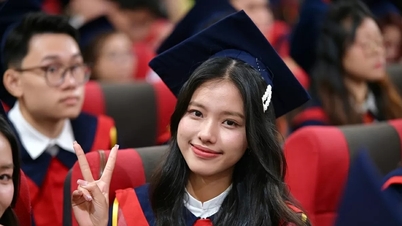

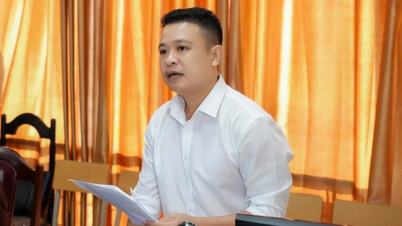

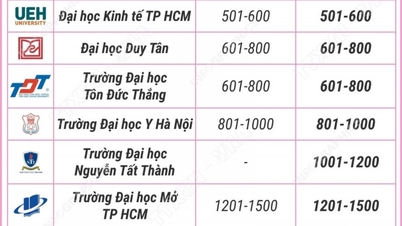






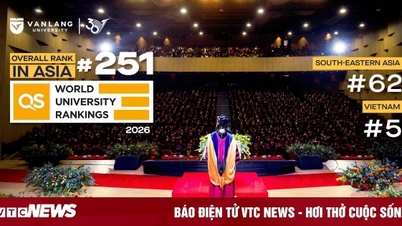

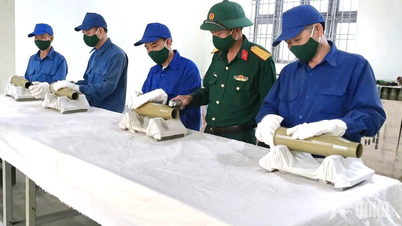







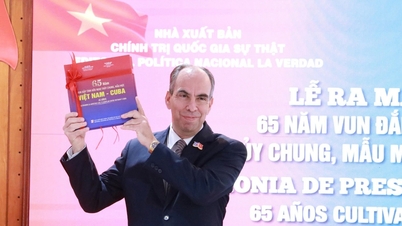

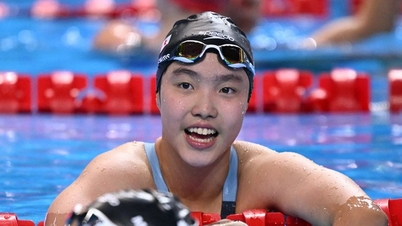



























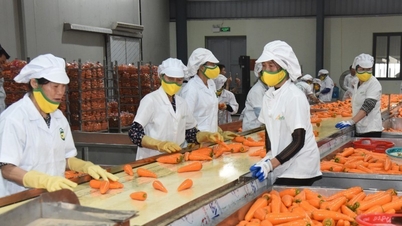
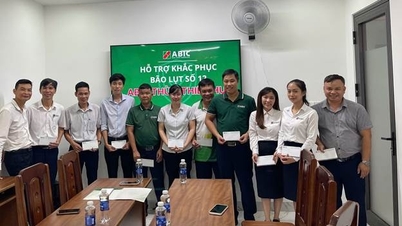

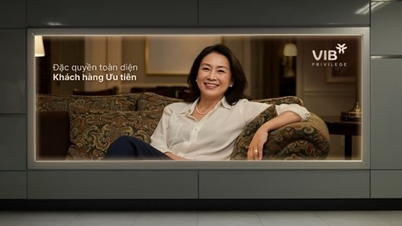







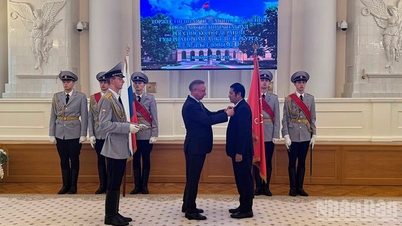







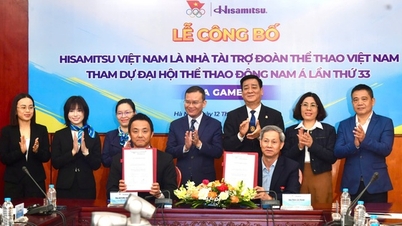

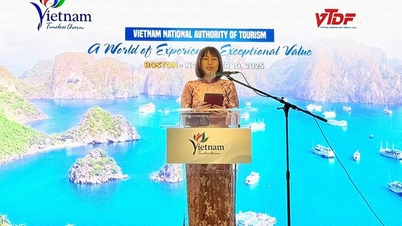



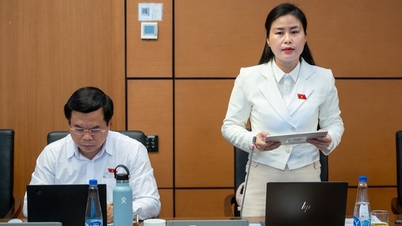
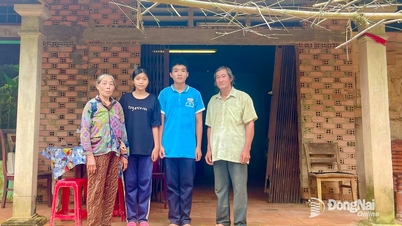

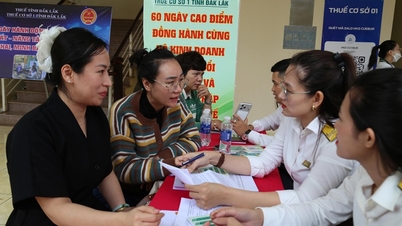
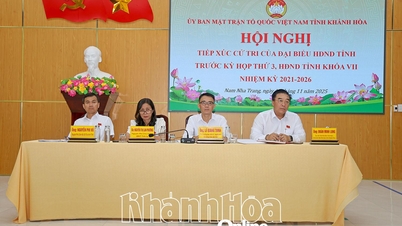



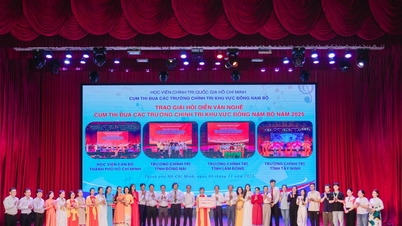

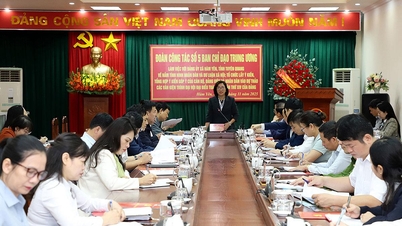






![Dong Nai OCOP transition: [Article 3] Linking tourism with OCOP product consumption](https://vphoto.vietnam.vn/thumb/402x226/vietnam/resource/IMAGE/2025/11/10/1762739199309_1324-2740-7_n-162543_981.jpeg)





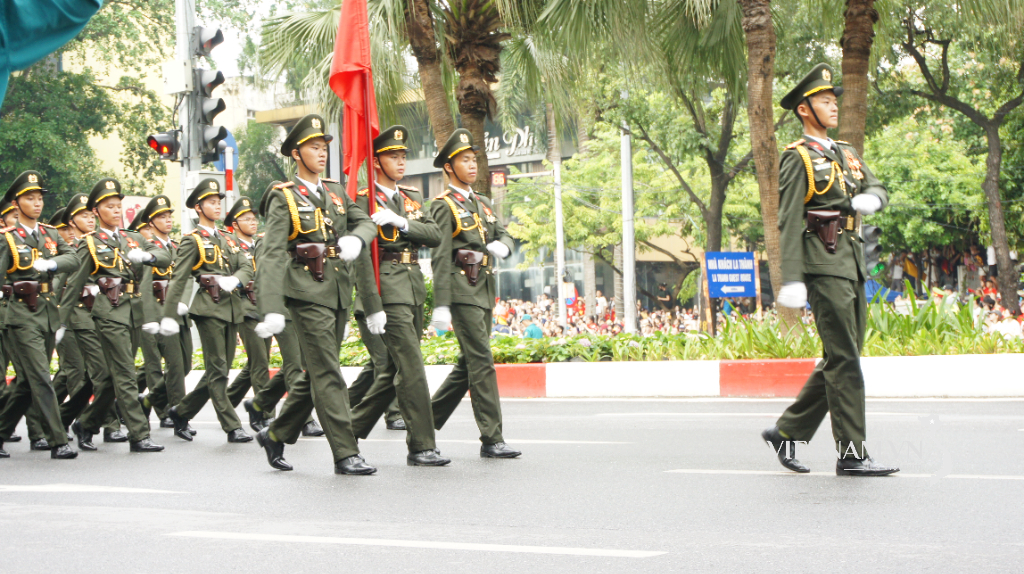

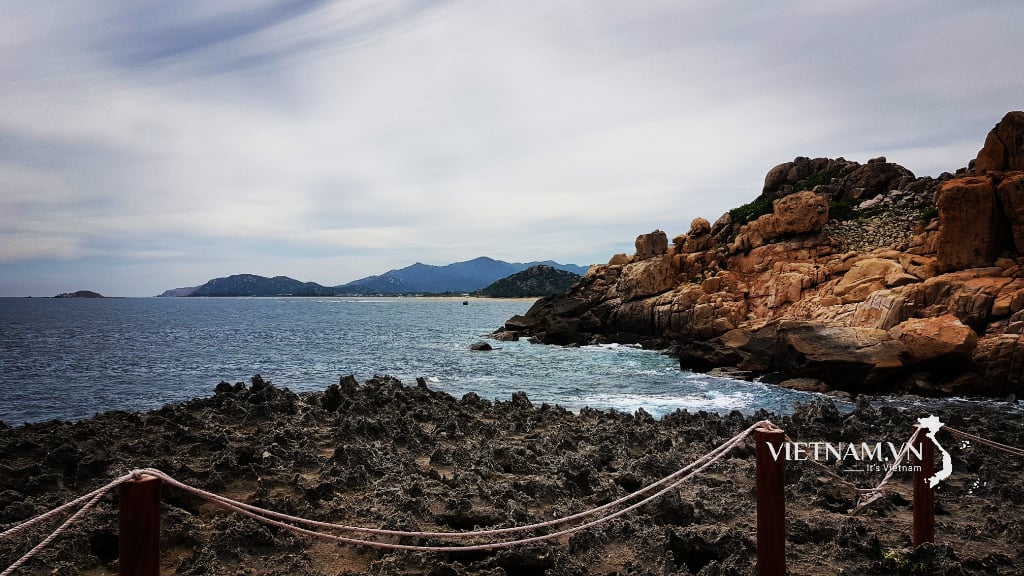
Comment (0)